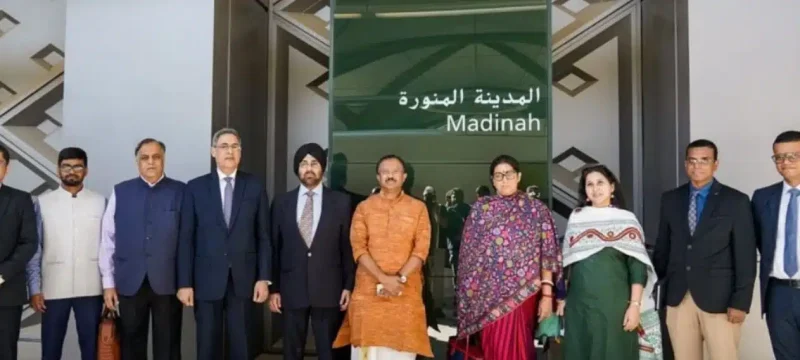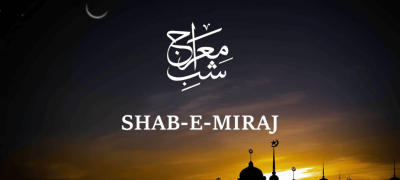The recent visit of a non-Muslim delegation to the holy places of Makkah and Madina has stirred various reactions, including one from a renowned Islamic scholar who sees it as a sign of the approaching Day of Judgment. This perspective is rooted in the teachings of the Holy Prophet Muhammad (SAW), who prophesied the emergence of fitnas (trials and tribulations) as a precursor to the Day of Judgment. In Islamic eschatology, the Day of Judgment is a significant event where all individuals will be held accountable for their deeds.
The arrival of various challenges and disruptions in the world, as mentioned by the Prophet Muhammad (SAW), is considered indicative of the nearing end times. The scholar’s viewpoint is framed by the teachings of the Prophet Muhammad (SAW), who explicitly prohibited the entry of non-believers to the sacred sites of Makkah and Madina. This prohibition was established to preserve the sanctity of these holy places and maintain their exclusivity for Muslims.
Read more : Indian Delegation Of Non-Muslims Visits Medina
This reflects a concern for the preservation of the sacredness of Makkah and Madina, as envisioned by the Prophet Muhammad (SAW). The presence of non-Muslims in these holy sites might be perceived by some as a departure from the Prophet’s directive, raising questions about the adherence to traditional Islamic practices. It is essential to note that perspectives on this issue may vary within the Muslim community. Some may argue for strict adherence to the Prophet’s guidance, emphasizing the exclusivity of Makkah and Madina for Muslims.
Others might adopt a more tolerant approach, considering the potential benefits of promoting interfaith understanding and dialogue. While the reactions of scholars and the wider Muslim community to such visits may differ, it is crucial to approach the discourse with respect for diverse viewpoints within the Islamic tradition. Open and informed discussions can contribute to a better understanding of the nuances surrounding these issues and foster unity within the Muslim ummah.









